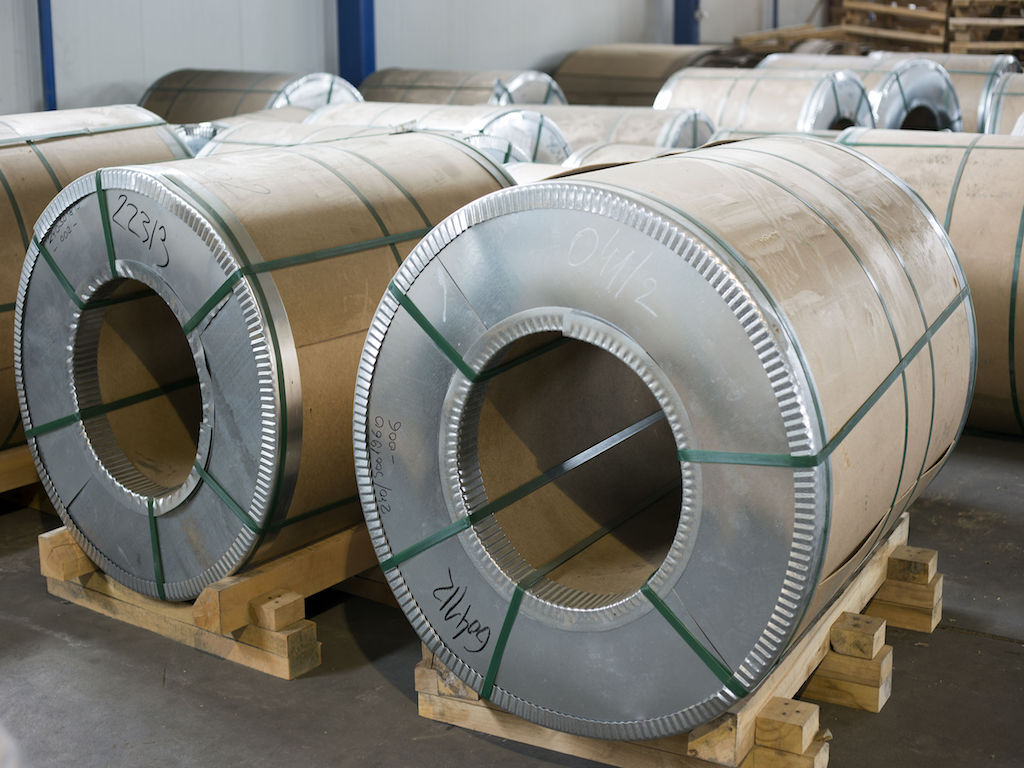

Nickel alloys play a crucial role in the aerospace industry, with their exceptional properties making them ideal for use in high-performance applications like turbine blades, discs, and other critical jet engine components. Known for their impressive wear, hardness, corrosion, and erosion resistance, nickel alloys are essential in environments that demand high strength and reliability. One alloy that stands out for its superior performance in aerospace manufacturing is AMS 5663, also known as Inconel 718.
In this article, we’ll dive into the key advantages of using AMS 5663 in the aerospace industry and why it's the material of choice for many aircraft components.
High-Temperature Resistance and Durability: One of the standout features of AMS 5663 is its remarkable ability to withstand extreme heat. This nickel-chromium alloy maintains its strength and structural integrity even at temperatures as high as 1300°F (704°C), which is a critical property for components exposed to the high heat generated by jet engines. This makes Inconel 718 an ideal material for turbine blades, combustion chambers, and other parts that experience intense thermal stress during aircraft operation. Its ability to resist oxidation and corrosion at high temperatures further enhances its suitability for these high-pressure, high-temperature applications.
Exceptional Strength and Fatigue Resistance: Inconel 718 (AMS 5663) is renowned for its excellent strength, particularly its resistance to fatigue and creep under extreme conditions. The alloy’s ability to maintain its strength even after long periods of stress makes it a top choice for components exposed to continuous mechanical forces, such as turbine blades in jet engines. This fatigue resistance is critical in aerospace, where components must endure thousands of flight cycles without failing. Whether it's the pressure exerted on engine parts during takeoff or the extreme heat generated during flight, AMS 5663 offers the durability needed for long-term, high-performance operations.
Resistance to Stress Cracking and Corrosion: Inconel 718 is also highly resistant to stress corrosion cracking, particularly in chloride-rich environments, which is an essential property for aerospace materials. Jet engines operate in conditions where moisture and salt exposure can lead to corrosion, and the durability of AMS 5663 in these harsh environments ensures the longevity and reliability of the parts it is used in. Additionally, the alloy exhibits excellent resistance to oxidation and corrosion at both high and low temperatures, which is crucial for maintaining the integrity of parts exposed to a wide range of operating conditions, from high heat to extreme cold.
Thermal Stability and Low Coefficient of Expansion: Another advantage of AMS 5663 is its excellent thermal stability. Inconel 718’s low coefficient of thermal expansion helps prevent dimensional changes in components when subjected to rapid temperature fluctuations. This property is especially beneficial for aerospace components used in environments that experience both extreme heat and cold, such as in cryogenic systems or parts exposed to sudden changes in temperature. The ability to retain its shape and structural integrity under such conditions ensures that AMS 5663 parts maintain their performance throughout the aircraft’s lifecycle.
Weldability and Versatility: Inconel 718 is known for its excellent weldability, which adds to its versatility as a material for aerospace applications. The ease with which it can be welded allows manufacturers to create complex, high-strength parts that can withstand extreme temperatures and stress. The versatility of AMS 5663 also extends to its ability to be used in a variety of applications, from turbine components to cryogenic systems, making it a go-to material for aerospace engineers seeking reliability and high performance.
Conclusion: Nickel alloy AMS 5663 , or Inconel 718, is undeniably a critical material in the aerospace industry. Its high-temperature resistance, exceptional strength, fatigue resistance, and corrosion resistance make it an ideal choice for jet engine components and other parts that operate under extreme stress. Whether it's withstanding the heat of combustion or enduring the forces of flight, AMS 5663 ensures the safety, performance, and longevity of aerospace components.
If you're looking for a trusted supplier of AMS 5663 or other high-quality nickel alloys, FlightMetals offers premium-grade materials at competitive prices. With a focus on delivering reliable and high-performance alloys, FlightMetals is your go-to source for the best in aerospace manufacturing materials.